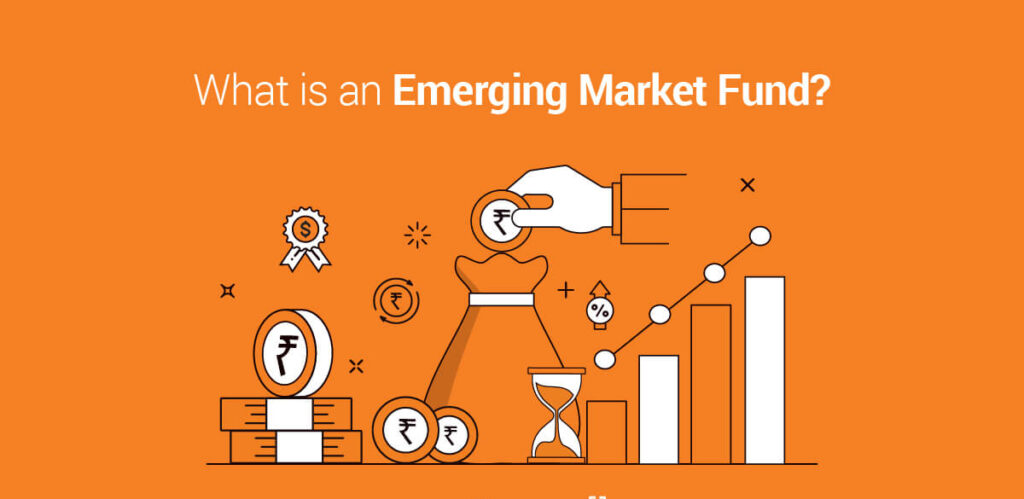Emerging Market Funds are investment funds that focus on companies and industries located in developing or emerging markets. These countries are often in the early stages of industrialization and growth but have significant potential for future economic expansion. Investing in these markets can offer attractive returns, it also comes with higher risks compared to developed markets.
What Are Emerging Market Funds?
Emerging Market Funds pool money from investors to invest in stocks, bonds, and other assets from countries that are still developing. These countries are typically found in regions such as Asia, Latin America, Africa, and Eastern Europe. Examples of emerging markets include China, India, Brazil, South Africa, and Russia.
The goal of these funds is to take advantage of the growth potential in these markets. As economies grow and infrastructure develops, businesses in these countries can offer investors significant returns. When a country experiences a boom in technology or consumer goods, companies within those sectors often see sharp growth. This benefits the investors who have exposure to those markets.
Why Invest in Emerging Market Funds?
- Growth Potential: Emerging markets are growing faster than developed markets, which means there is a chance for greater returns.
- Diversification: These funds allow investors to spread risk. They do it by investing in a variety of regions and sectors that may not be directly connected to the global economy.
- Attractive Valuations: Many companies in emerging markets are undervalued. This means investors may be able to buy stocks at a lower price compared to companies in developed markets.
Example of an Emerging Market Fund:
An example of an emerging market fund is the Vanguard FTSE Emerging Markets ETF (VWO). This fund invests in stocks from over 20 emerging market countries, including China, India, Brazil, and South Africa. The fund tracks the FTSE Emerging Markets All Cap China A Inclusion Index, offering exposure to large, mid, and small-cap companies in these markets.
The VWO has been a popular choice for investors seeking broad exposure to emerging markets. It is low-cost and provides a diversified approach to investing in these high-growth regions. However, like any investment in emerging markets, it’s important to understand that the fund’s value can be volatile and is influenced by factors specific to each country.
Risks to Consider:
Despite the potential rewards, there are risks involved with emerging market investments. Political instability, regulatory changes, and fluctuations in local currencies can affect the value of these investments. Therefore, investors should assess their risk tolerance before investing in emerging market funds. They should also consider diversifying their portfolios to balance the risks.
Conclusion:
Emerging market funds present an exciting opportunity for investors looking to tap into the growth of developing economies. While they offer the potential for high returns, they come with risks that need careful consideration. Understanding both the rewards and risks can help investors make informed decisions about adding emerging market funds to their portfolios.
– Ketaki Dandekar (Team Arthology)
Read more about Emerging Market Funds here – https://groww.in/p/emerging-market
